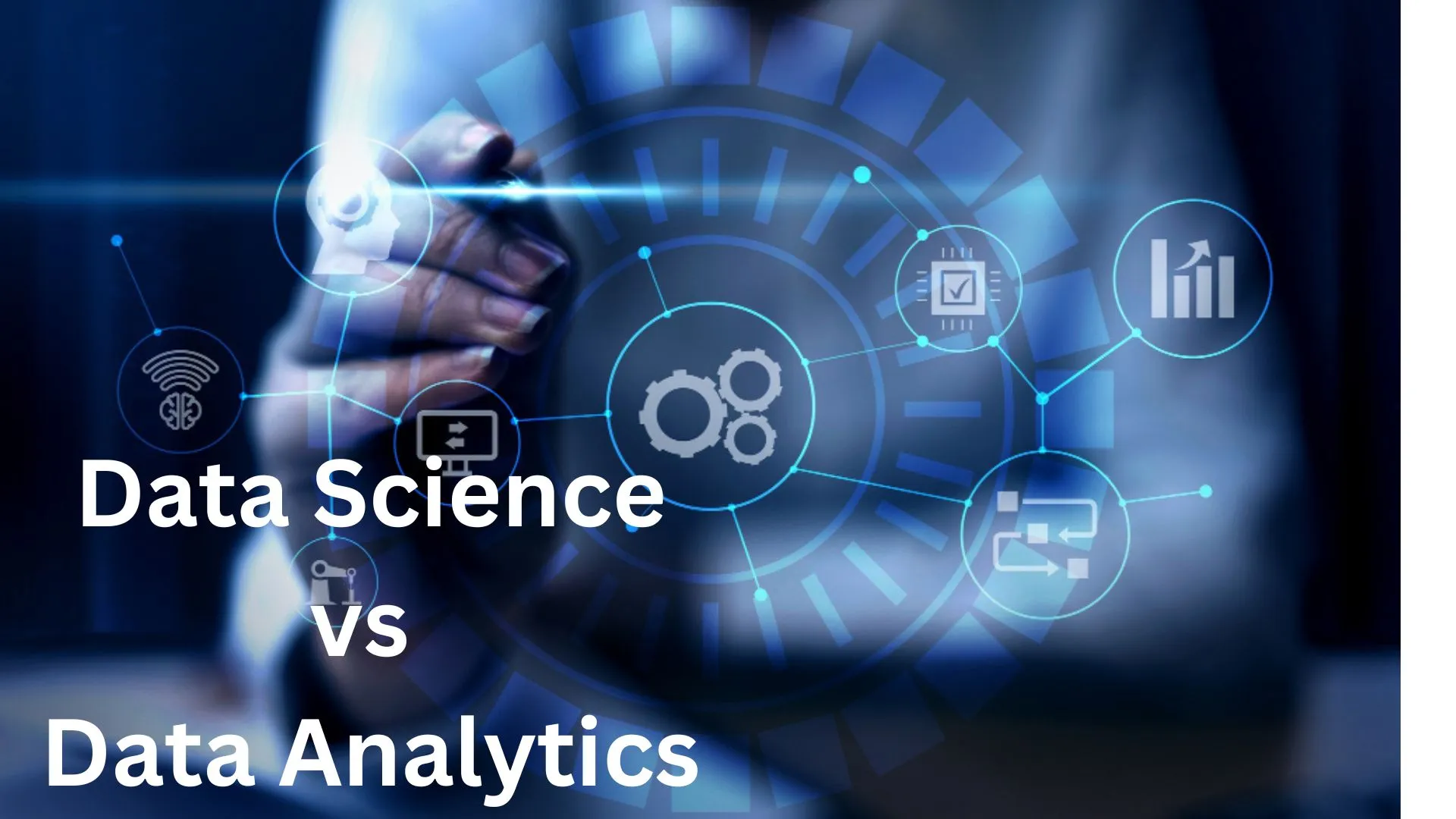
Data Science vs Data Analytics: The Ultimate Career Comparison for 2025
In the digital age, information has become the cornerstone of innovation and business success. Organisations across industries are leveraging data to refine their models, improve decision-making, and drive revenues. But with the growing prominence of data-related disciplines, the question arises: Should you study Data Science or Data Analytics? Let’s explore the differences, scopes, and skillsets to help you make an informed choice.
Understanding the Difference
Data Science and Data Analytics both revolve around data, but their goals and approaches differ. Data Analytics often functions as a subset of Data Science, focusing more narrowly on analysing datasets to extract insights. Data Science, on the other hand, is a broader discipline that includes creating algorithms, building predictive models, and exploring new ways to interpret data.
In a Nutshell:
-
Data Science: Prototyping, developing algorithms, and driving innovation by uncovering patterns and posing new questions.
-
Data Analytics: Filtering and interpreting data to solve problems and support decision-making across sectors like healthcare, finance, and energy.
Scope and Specialisations
If you’re leaning towards Data Science or Data Analytics, you can further refine your focus by exploring specialised fields:
Data Science Specialisations
-
Data Engineering
-
Data Mining
-
Database Management and Architecture
-
Machine Learning
-
Data Visualisation
Data Analytics Specialisations
-
Business Intelligence
-
Marketing Analytics
-
Risk Analysis
To cater to the growing demand for interdisciplinary experts, universities increasingly offer combined degrees such as Data Science and Business Analytics or Data Science and Analytics.
Core Classes and Skills
The curriculum for these degrees varies across institutions, but here’s a glimpse of typical courses and skills:
Data Science Classes
-
Discrete Mathematics
-
Intermediate Statistics
-
Data Mining
-
Data Security
-
Software Development
Data Analytics Classes
-
Calculus and Linear Algebra
-
Statistical Decision Making
-
Pattern Recognition
-
Data Visualisation
Key Skills
-
Data Science: Machine learning, big data tools (Hadoop, Spark), programming (Python, R, Scala), and visualisation tools (Tableau, QlikView).
-
Data Analytics: SQL, Excel, Power BI, statistical tools (R, SAS), and strong business acumen.
Career Prospects and Salaries
Both Data Science and Data Analytics are among the fastest-growing job sectors globally, and demand for professionals shows no signs of slowing down.
Data Science Jobs and Salaries
-
Data Scientist: $95,950/year
-
Data Architect: $72,700/year
-
Machine Learning Specialist: $77,150/year
Data Analytics Jobs and Salaries
-
Data Analyst: $69,000/year
-
Business Analyst: $68,350/year
-
Quantitative Analyst: $106,750/year
Data Science vs Data Analytics vs Related Disciplines
While the distinctions between Data Science and Data Analytics have been clarified, other overlapping disciplines often add to the confusion. Here’s a concise comparison to help differentiate them:
Data Science vs Data Analytics vs Data Engineering
Data engineers work on preparing data for use by analysts and scientists. Their primary responsibility is to design and maintain data pipelines, resolve data inconsistencies, and ensure the information is accurate and accessible for further analysis.
Data Science vs Data Analytics vs Big Data
Big Data refers to massive datasets that traditional software cannot process. Managing such data requires specialised skills and tools. Big Data engineers focus on constructing and maintaining the infrastructure needed to handle these large-scale datasets efficiently.
Data Science vs Data Analytics vs Machine Learning
Machine Learning (ML) engineers collaborate closely with data scientists to create algorithms that enable machines to learn from data. These algorithms are trained on datasets, tested in various scenarios, and then scaled to work on real-time, large-scale data once proven effective.
Data Science vs Data Analytics vs Data Mining
Data Mining, also known as Knowledge Discovery in Data (KDD), involves extracting meaningful patterns and predicting future trends from large datasets. Data mining analysts use advanced mathematical models to identify these trends, evaluate their accuracy, and predict outcomes.
Data Science vs Data Analytics vs Business Analytics
Although similar, Business Analytics focuses on driving business decisions through data insights. Unlike data analysts, who primarily interpret and share findings, business analysts take a more active role by offering recommendations and participating in decision-making processes.
By understanding these disciplines, you can better identify which path aligns with your interests and career goals.
Making Your Choice
Choosing between Data Science and Data Analytics depends on your career goals. If you’re excited about developing innovative solutions and working with cutting-edge technology, Data Science might be your path. On the other hand, if your interests lie in extracting actionable insights and influencing business strategies, Data Analytics could be the ideal choice.
For those still undecided, remember that both fields offer excellent career prospects, competitive salaries, and opportunities for growth. Universities worldwide offer diverse programs, including online options, to suit your needs and aspirations.
Which discipline resonates with your goals? Share your thoughts and start your journey towards a data-driven future!